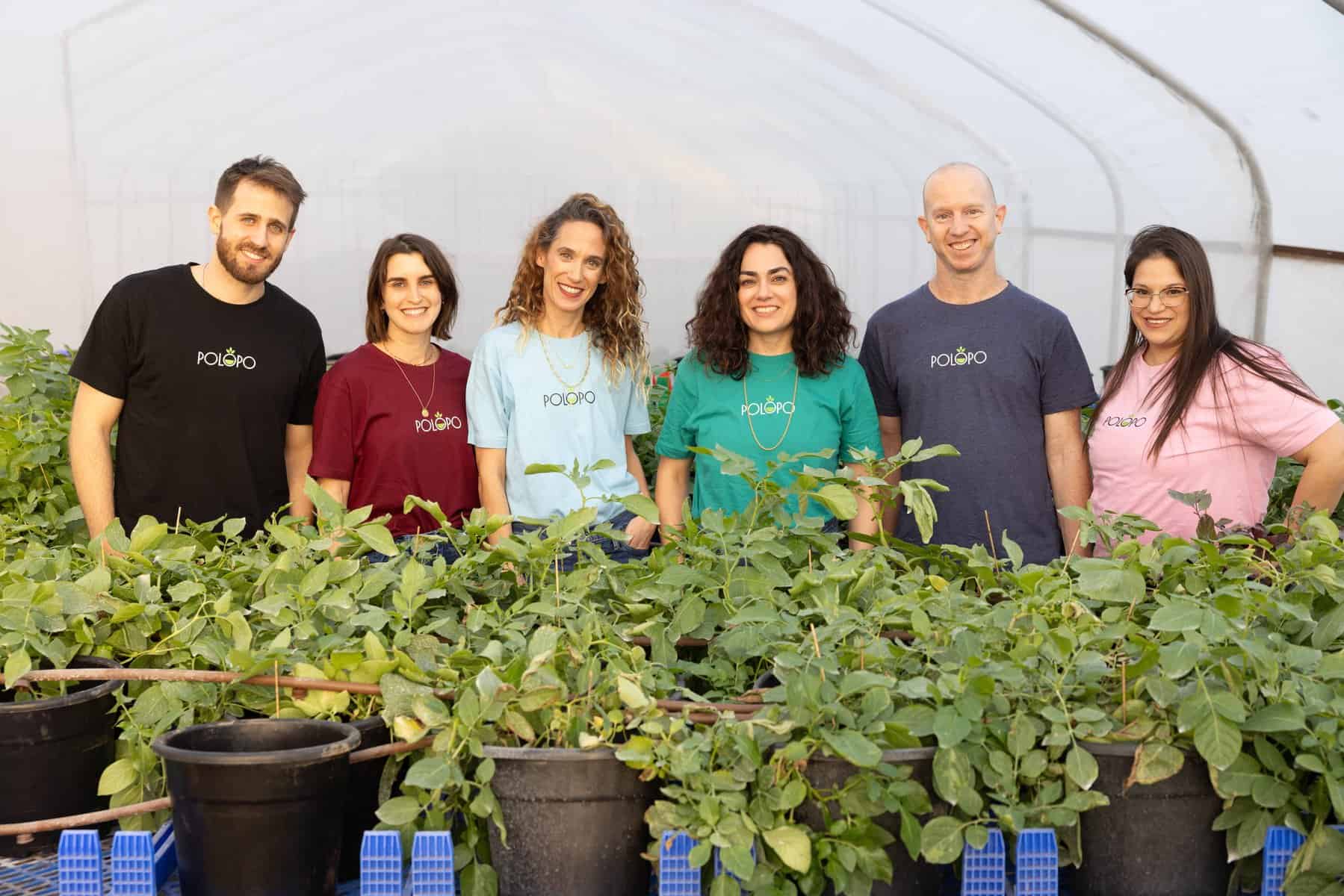Op Ed: Maya Sapir-Mir, PhD, CEO and Co-Founder of PoLoPo, on Growing Animal Proteins from Potatoes
Maya Sapir-Mir is CEO and co-founder of PoLoPo, a molecular farming pioneer producing proteins directly in common crops, beginning with egg protein (ovalbumin) grown in potatoes. PoLoPo last year raised $2.3 million in pre-seed funding and recently unveiled its molecular farming platform, SuperAA, for producing key proteins ovalbumin and patatin. Maya has nearly ten years of experience in the biotech industry and agricultural R&D and holds a PhD in plant sciences from the Hebrew University of Jerusalem. She performed post-doctoral work at the Volcani Institute, Israel’s leading agricultural R&D facility, in protein identification, extraction, and characterization in plants and microorganisms. Here, she explains the importance of this emerging biotechnology; “Instead of inefficiently growing plants to feed animals crowded in factory farms, molecular farming gives us …





















